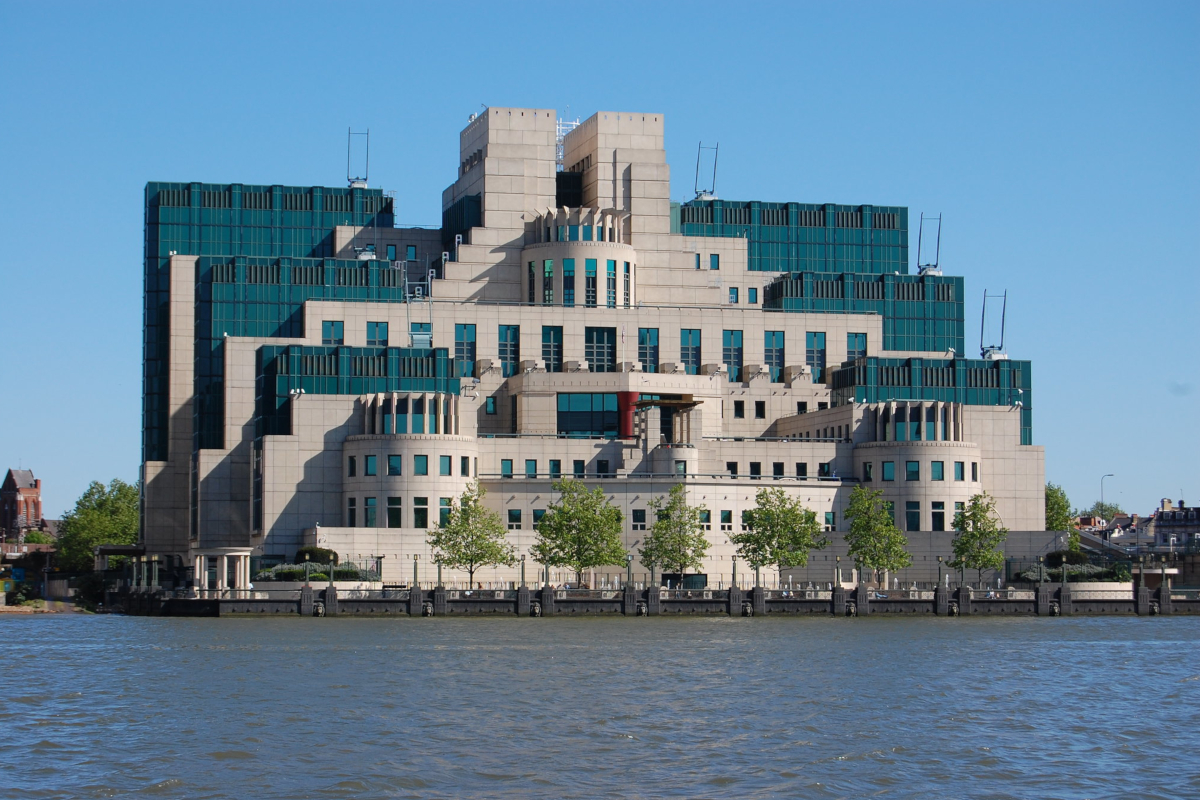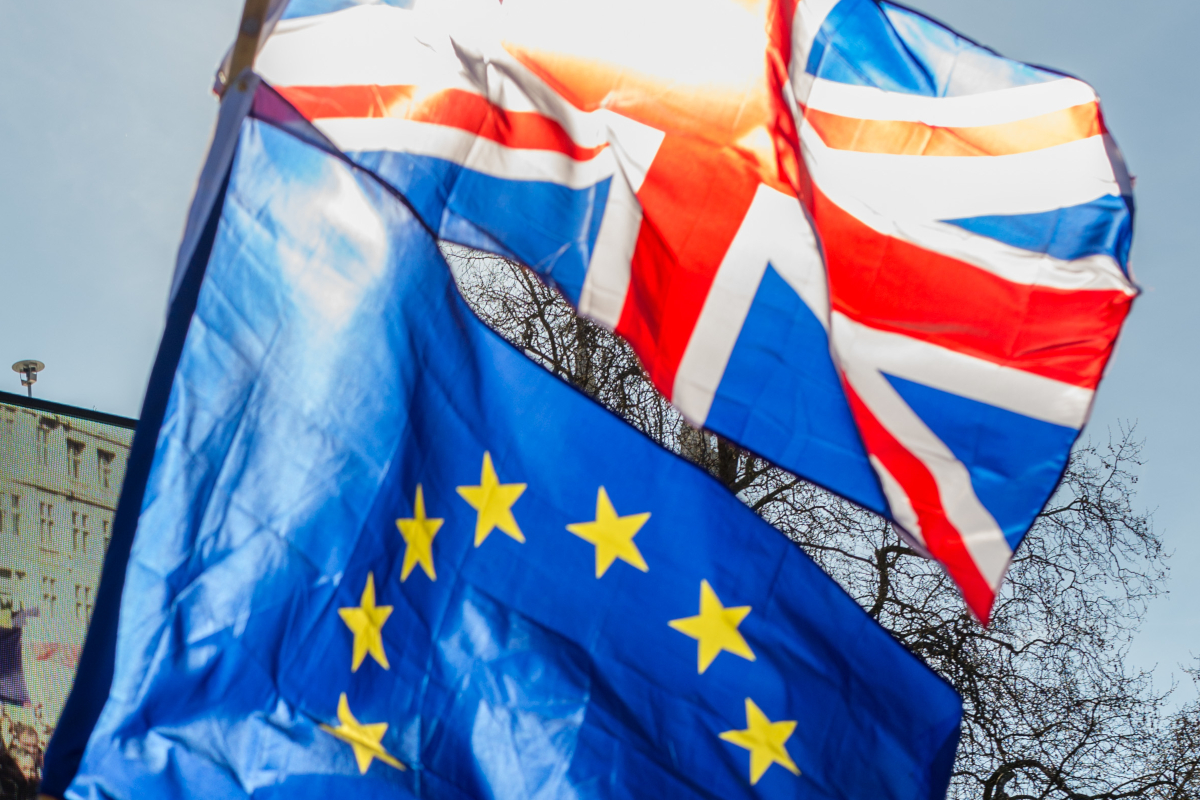UK government wants to legalise automated police decision-making
Topic
Country/Region
08 April 2025
A proposed law in the UK would allow police decisions to be made solely by computers, with no human input. The Data Use and Access Bill would remove a safeguard in data protection law that prohibits solely automated decision-making by law enforcement agencies. Over 30 civil liberties, human rights, and racial justice organisations and experts, including Statewatch, have written to the government to demand changes.
Support our work: become a Friend of Statewatch from as little as £1/€1 per month.

Image: Taylor Vick, Unsplash
Automated police decision-making
The government’s proposed Data Use and Access Bill would let law enforcement agencies use automated decision-making systems with no human oversight.
The warning came in a letter sent to government ministers at the end of March, coordinated by Big Brother Watch and signed by more than 30 civil liberties, human rights, and racial justice organisations and experts, including Statewatch
There would be bans in the law on full automation for decisions using “special categories” of personal data, such as race, ethnicity, political opinions, or religion, amongst other things.
However, the letter warns that the prohibitions are not absolute, and that police could use “common law and a patchwork of laws pre-dating the technological revolution” to exploit this loophole.
Inferred discrimination
Even a complete ban these categories of data would not prevent discrimination based on them, the letter points out.
Under the proposed law, automated decisions could be made using “socioeconomic status, regional/postcode data, inferred emotions, or even regional accents.”
The letter highlights that a postcode, for example, “may act as a proxy for race when processed in an algorithm.”
This “greatly expands the possibilities for bias, discrimination, and lack of transparency’ in law enforcement.”
The government’s own impact assessment for the law (pdf) said that “those with protected characteristics such as race, gender, and age are more likely to face discrimination from ADM due to historical biases in datasets.”
EU-UK data protection agreement
It remains unclear how the changes, if approved, would affect the EU-UK adequacy decision, which allows the free flow of personal data between the two jurisdictions.
EU data protection law is the source of current UK data protection law, which came into force prior to Brexit. EU law also bans solely automated decision-making.
The EU recently extended the time limit on the adequacy decisions, meaning they don’t need to be reviewed until the end of this year.
A recent article by a lawyer for the firm Lewis Silkin argues it is “unlikely that there will be any significant obstacles to data flows from the UK to the EU.”
Plan for change
When the Labour government was elected, it promised “change”.
However, much of the Data Use and Access Bill is a rehash of the previous Conservative government’s Data Protection and Digital Information Bill.
It would appear that the current administration is keen to prove the old adage: “no matter who you vote for, the government gets in.”
Documentation
- Full-text of the letter: Law enforcement use of Automated Decision-Making (21 March 2025, pdf)
Our work is only possible with your support.
Become a Friend of Statewatch from as little as £1/€1 per month.
Further reading

UK: Police and intelligence agencies to increase joint work, with reduced privacy safeguards
The Data Protection and Digital Information Bill will degrade privacy and data protection safeguards in policing. Under certain conditions, law enforcement agencies (LEAs) will be able to circumvent rights protections by acting with the same powers as intelligence agencies. Laws safeguarding personal data during transfers will be diluted and the means for oversight will be significantly reduced.

UK-EU: Police cooperation: the Home Office gets it wrong on data protection
Back in March, members of the House of Lords discussed the state-of-play of police and judicial cooperation between the UK and EU, and were informed by a government minister that such cooperation does not depend on maintaining adequate data protection standards. The text of the relevant UK-EU treaty, however, says otherwise.

Brexit: Draft EU data protection decision ignores spy agency-shaped "elephant in the room"
A draft European Commission decision published in February declared that the UK offers "adequate" protection for personal data, thus proposing that transfers between the EU and UK should be permitted. Data protection experts Douwe Korff and Ian Brown argue that this ignores a whole host of factors, including the "elephant in the room... the UK’s intelligence agencies’ actual surveillance practices."
Spotted an error? If you've spotted a problem with this page, just click once to let us know.
